Top 5 Insurance Challenges for Trucking Fleets
Trucking fleets are the backbone of the economy, moving goods across the country every day. But with that responsibility comes unique insurance challenges. Standard carriers often struggle to cover the risks fleets face, leaving retail agents scrambling to protect their clients. From cargo exposures to compliance issues, these challenges require more than standard market solutions — they require wholesale expertise.
Here are the top 5 insurance challenges for trucking fleets and how wholesalers help agents solve them.
1. Cargo Coverage and Losses
Cargo is the lifeblood of trucking operations, but it also creates some of the most complex exposures. Theft, spoilage, and damage during transit can all lead to significant claims. Standard motor truck cargo policies may not provide enough flexibility for different commodities or high-value loads.
Solution: Wholesale brokers provide access to specialty cargo programs, including excess cargo, refrigerated commodities, and contingent cargo coverage. This ensures fleets can protect their clients’ goods under a variety of conditions.
2. Auto Liability and Nuclear Verdicts
Auto liability is a constant concern in trucking, and recent years have seen a sharp rise in “nuclear verdicts” — court judgments exceeding $10 million. Many carriers have responded by reducing limits or pulling back capacity altogether.
Solution: Wholesalers help agents access layered liability programs, umbrella policies, and markets willing to write higher limits. With multiple carrier partnerships, wholesalers can structure coverage that meets client requirements even in a hard market.
3. Compliance and Regulatory Pressures
The trucking industry is one of the most heavily regulated sectors in the U.S. Fleets face constant pressure from FMCSA rules, driver safety requirements, and environmental standards. Non-compliance doesn’t just mean fines — it can also affect insurability.
Solution: Wholesale brokers often partner with carriers who understand regulatory risk. They can help agents place fleets in programs that account for compliance history, provide risk management support, and ensure policies align with federal and state requirements.
4. Physical Damage and Equipment Protection
From tractors to trailers, the equipment fleets rely on is expensive to maintain and replace. Auto physical damage coverage is standard, but fleets with specialized equipment or higher values may find coverage limited in the retail market.
Solution: Wholesalers provide programs that cover tractors, trailers, and specialized equipment like refrigerated units or contractors’ equipment. They can also offer inland marine solutions to protect property in transit or storage.
5. Driver Shortages and Risk Profiles
Driver shortages mean fleets often hire less-experienced drivers, which can increase risk and affect carrier appetite. Many standard insurers simply decline fleets with certain driver profiles.
Solution: Wholesale brokers bring underwriting expertise to the table. By presenting fleets creatively and accessing markets that are more flexible with driver experience, wholesalers help agents secure coverage that would otherwise be out of reach.
Conclusion
Trucking fleets face some of the most difficult insurance challenges in the market today — from cargo losses to compliance hurdles and rising liability costs. Standard carriers often can’t provide the flexibility or capacity these clients need.
Wholesale brokers step in as true partners, offering agents access to specialty programs, creative coverage structures, and underwriting expertise that solve complex risks. With the right wholesale partner, retail agents can protect their trucking clients more effectively and stay competitive in a tough marketplace.
Your Next Coverage Solution Starts Here


.png)